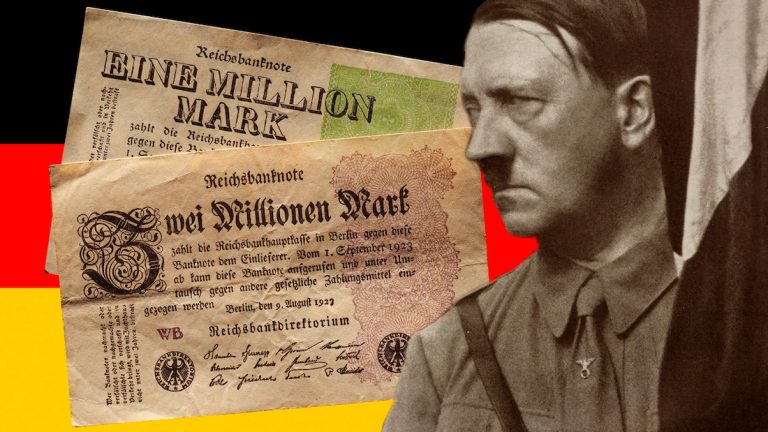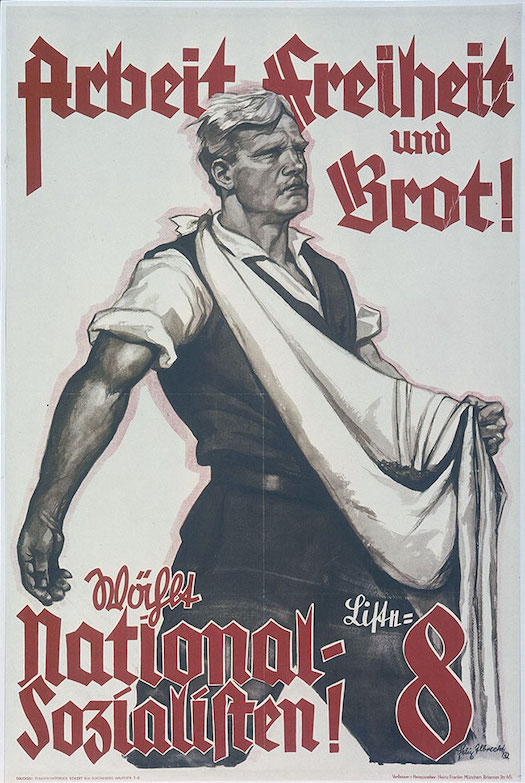
By revisiting this dark chapter, we’re reminded that economic walls rarely protect—they often imprison.
New York, N.Y. – In the 1930s, Adolf Hitler’s Nazi regime sought to “liberate” Germany from the global economy by imposing draconian tariffs and trade restrictions. What followed was an economic disaster—skyrocketing prices, shortages of basic goods, and a backward slide into economic independence that left ordinary Germans paying 600% more for eggs and other staples. Decades later, economists warn that the episode offers a cautionary tale about the dangers of economic isolationism.
The Illusion of Economic Independence
The Nazi government came to power in 1933 promising to restore German greatness by breaking free from international markets. Hitler and his economic architects, including Hjalmar Schacht, believed that reducing reliance on foreign goods would strengthen the Reich. They imposed steep tariffs, restricted imports, and promoted domestic production—even when it was wildly inefficient. The policy, known as autarky (economic independence), was supposed to make Germany self-sufficient. Instead, it triggered an economic time bomb.

Shortages, Inflation, and Public Anger

Almost immediately, Germans felt the pinch. Essential goods like butter, coffee, and textiles became scarce as imports dried up.
Farmers were forced to sell crops at fixed, state-mandated prices, leading to hoarding and black markets. By 1936, egg prices had surged by 600%, and other staples followed.
The Nazi propaganda machine blamed “foreign speculators” and Jewish businesses, but the real culprit was the regime’s own destructive policies.
The Collapse of German Industry
Germany’s industrial sector, once a powerhouse of European trade, suffered under the weight of tariffs and resource shortages.
Factories reliant on imported materials—such as oil, rubber, and metals—faced production halts. The much-touted “Four-Year Plan” of 1936 aimed to replace foreign goods with synthetic alternatives, but these were often costly and inferior.
Meanwhile, trade partners retaliated with their own tariffs, shrinking Germany’s export markets.
A Warning for the Modern World
Economists today see eerie parallels between Nazi Germany’s failed experiment and modern protectionist movements.
“Trade wars don’t create prosperity—they create poverty,” says Dr. Evelyn Richter, a historian at Columbia University. “The Nazi case shows how quickly economic nationalism can unravel.” As debates over globalization rage on, the lesson is clear: closing borders to trade may sound appealing, but the consequences can be catastrophic.
Hitler’s Tariffs Backfired, Sending German Economy Into Chaos (April 23, 2025)